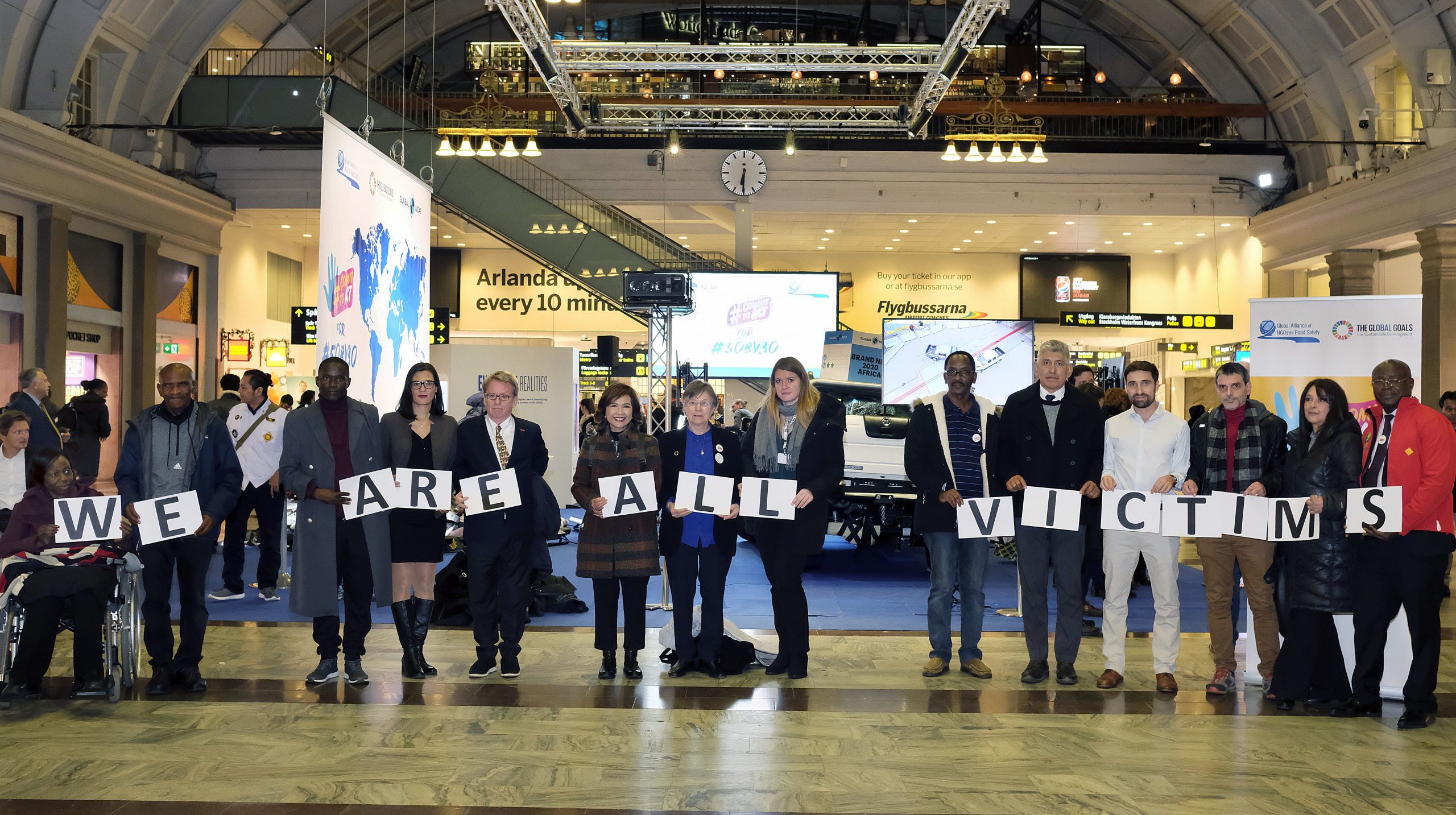
This month marks one year until the 4th Global Ministerial Conference on Road Safety to be held 18-19 February 2025 in Marrakech, Morocco. 2025 is the midpoint of the Decade of Action for Road Safety 2021-2030. The conference therefore represents a checkpoint to review progress and build further commitment to halving road deaths and injuries while there is still time to put in place the policies and implementations to achieve the 2030 target.
Governments must invest in interventions that have been proven to save lives and protect people. Studies show that evidence-based road safety interventions have a strong cost benefit, reducing health, insurance, and other societal costs. For example, iRAP’s Safety Insights Explorer estimates benefits of up to US$8 could be achieved for every US$1 invested in bringing roads up to 3-star standard. Similarly, the Global Road Safety Facility of the World Bank country profiles for many low- and middle-income countries show that if the investment required was put into safe road infrastructure and speed management that the benefits would be multiple times higher than the cost. On top of the direct road safety benefit, ensuring that people can travel safely has a knock on effect on access for decent work and education and sustainability.
While a strong civil society voice at the conference will be valuable, most important is that those who are accountable for keeping people safe in our countries attend and use the opportunity as a springboard for stronger commitment, investment, and action: Heads of State, Ministers for Transport, Infrastructure, Health, and Education, and road safety agency heads.
With so many urgent priorities competing for government attention — poverty, inequality, climate change, and more — NGOs must be ready to demonstrate why they should invest in road safety and how doing so will help solve these other challenges at the same time. NGOs have a pivotal opportunity to leverage the Ministerial Conference for stronger accountability and investment to achieve the 2030 targets and make our streets safer, healthier, more sustainable, and more equitable for the people and communities that use them. This is crucial especially considering the findings from the recent Global Status Report on Road Safety 2023, which showed that nine in 10 deaths occur in low- and middle-income countries. Deaths in these countries are also far higher when set against the number of vehicles and roads they hold.
NGOs can start preparing now, engaging with their government contacts so that the right people commit to attend, understand their country’s progress and challenges to achieving the 50% target, and prepare commitments for investment in and implementation of evidence-based interventions that will save lives and protect people.
Tools are available to support that advocacy. The Accountability Checklist in our Accountability Toolkit provides a framework for NGOs to assess and discuss with their government officials what is already in place and what needs to be done. The recently-launched Global Status Report on Road Safety 2023 offers a datapoint for governments to evaluate and compare the condition of road safety in their countries. Through the upcoming Mobility Snapshots, the Alliance will help NGOs to show how the data in the Global Status Report translates into the realities that people face every day on their streets.
We do not need to be shy about asking for spending allocated to roads and transport to be spent with safety at the core. In the run up to the Ministerial Conference, let’s use the tools and the evidence available to demonstrate why road safety is a high-impact investment that countries cannot afford to ignore.